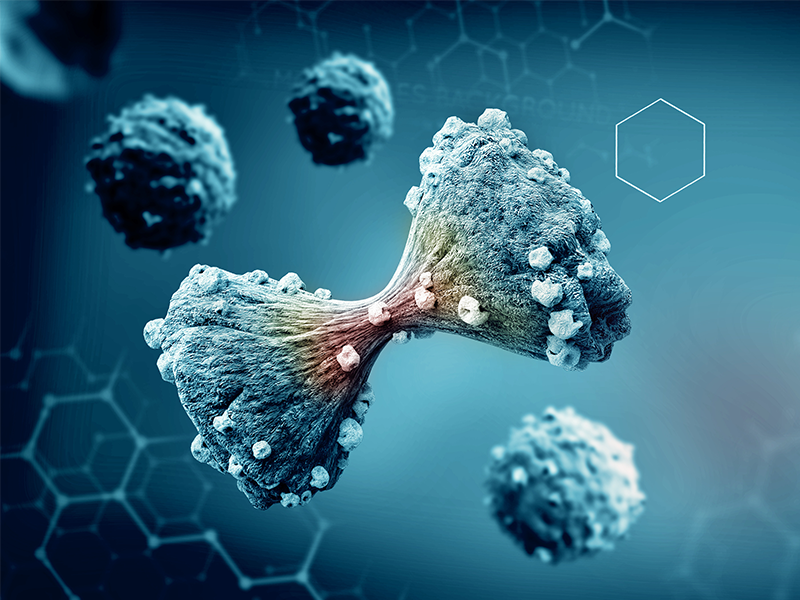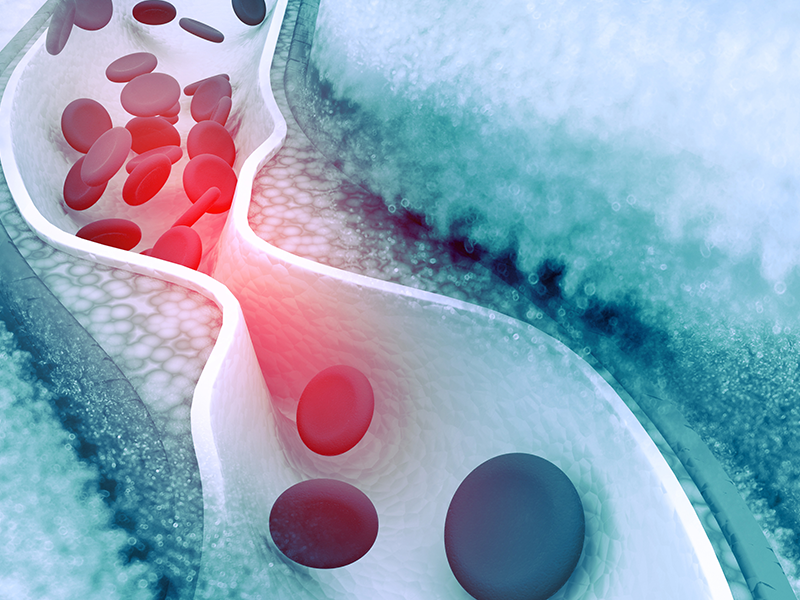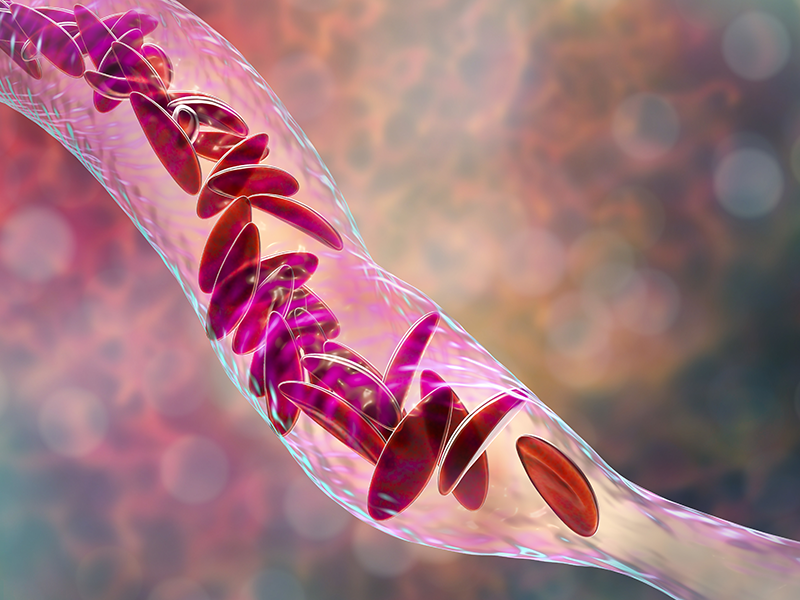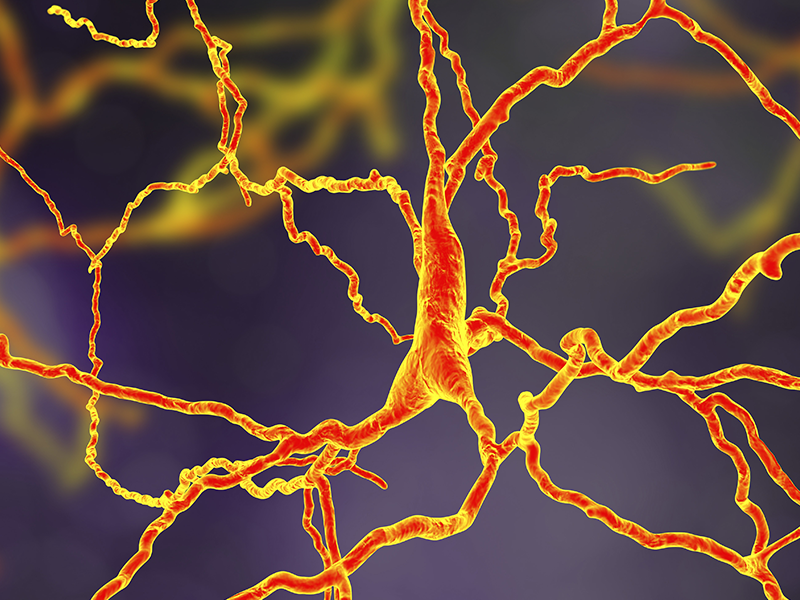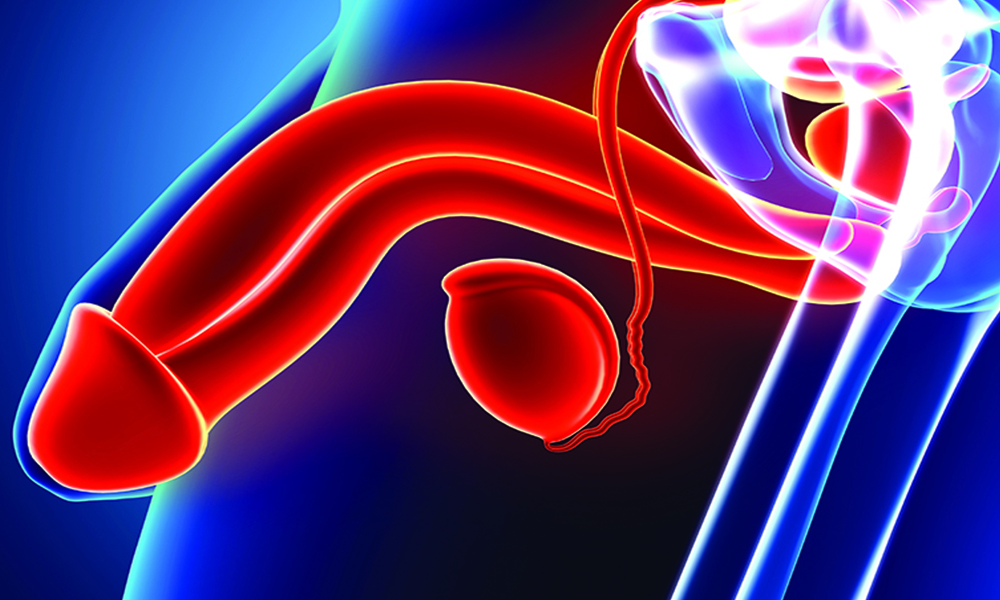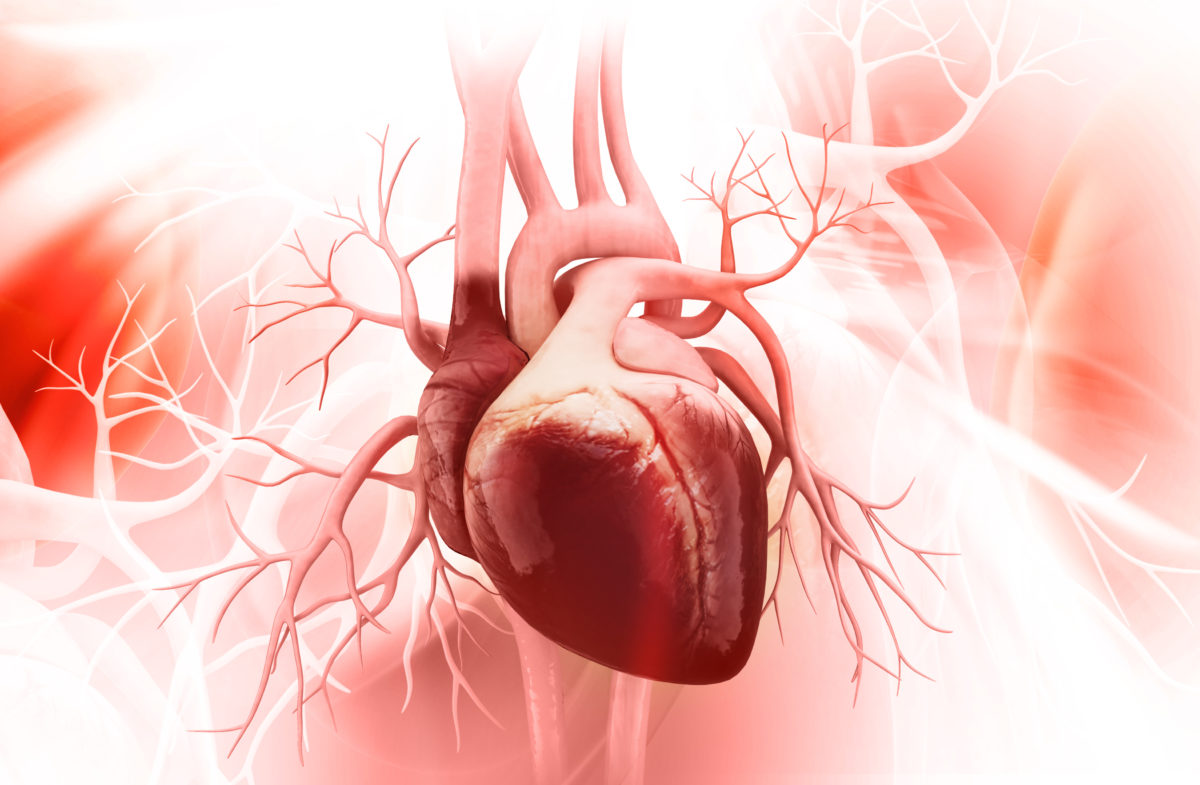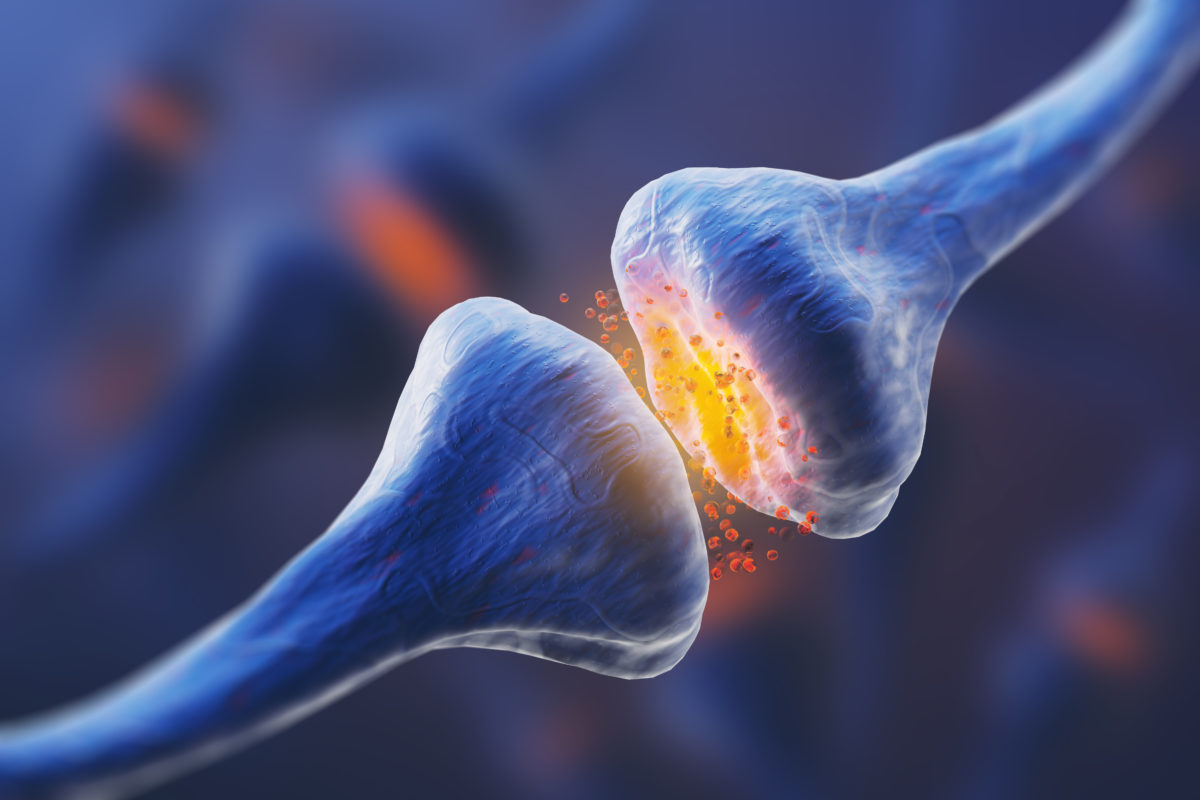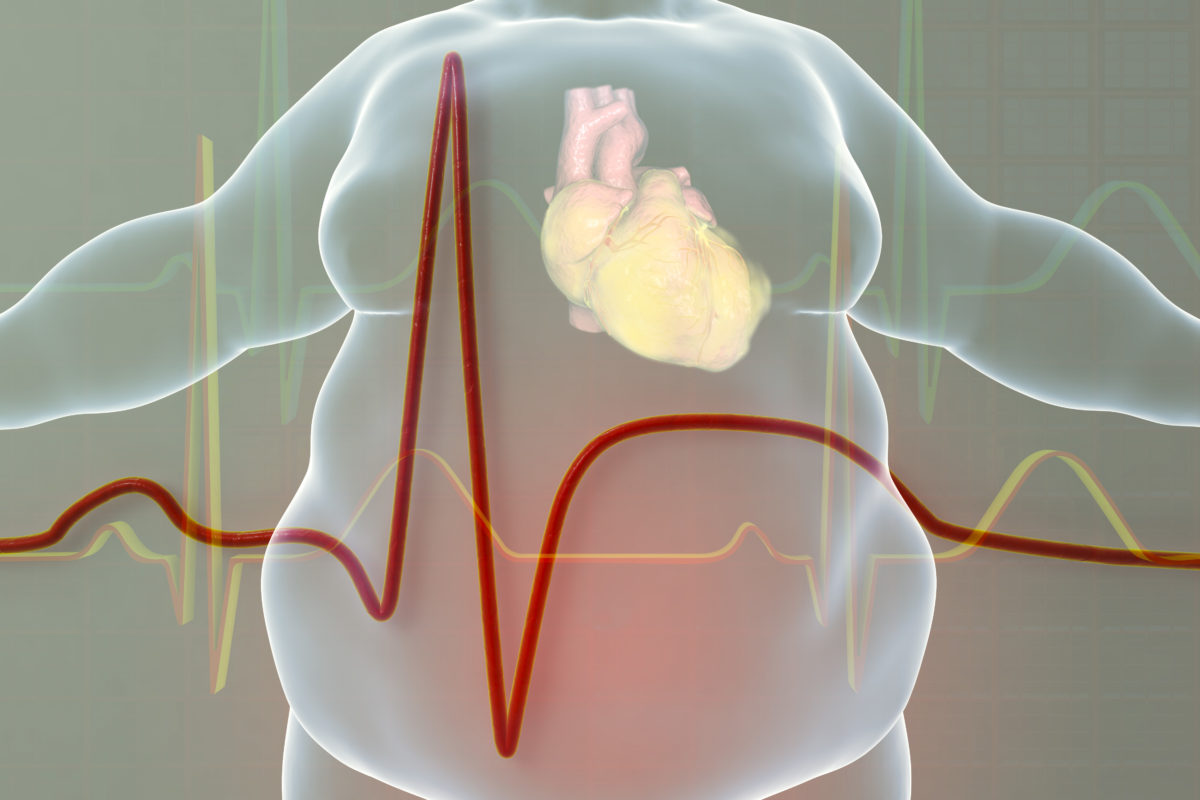Raw Living Spirulina and Its Cancer-Preventive Properties
Raw Living Spirulina is known for its rich nutritional profile, particularly its high content of the blue pigment phycocyanin. Phycocyanin is a biliprotein studied for its potential health benefits, including its role in inhibiting the formation of cancer colonies. This inhibition is significant because it suggests that phycocyanin may help prevent the proliferation of cancer cells.
Chlorophyll Content and Cancer Prevention
One of Raw Living Spirulina’s most notable benefits is its high chlorophyll levels. Chlorophyll is a green pigment found in plants that is crucial in photosynthesis. Research indicates that foods and herbs rich in chlorophyll exhibit pharmacological properties that may contribute to cancer prevention. The mechanism behind this effect involves the ability of chlorophyll to bind to potential carcinogens, thereby reducing their bioavailability and preventing them from causing cellular damage.
When cancer cells are targeted and destroyed before they can form colonies, the likelihood that these cells will develop into symptomatic cancer is reduced. This proactive approach to cancer prevention is essential because it addresses the issue early, potentially stopping the disease from progressing further.
Clinical Evidence on Spirulina’s Efficacy Against Cancer
Fresh Spirulina has been investigated for its effects on various types of cancer. Studies have shown promising results indicating that Spirulina may effectively treat certain cancers by enhancing immune function, reducing inflammation, and directly inhibiting tumor growth. While more research is needed to understand the extent of these benefits fully, existing evidence supports the idea that incorporating Raw Living Spirulina into one’s diet could benefit overall health and cancer prevention.
References:


